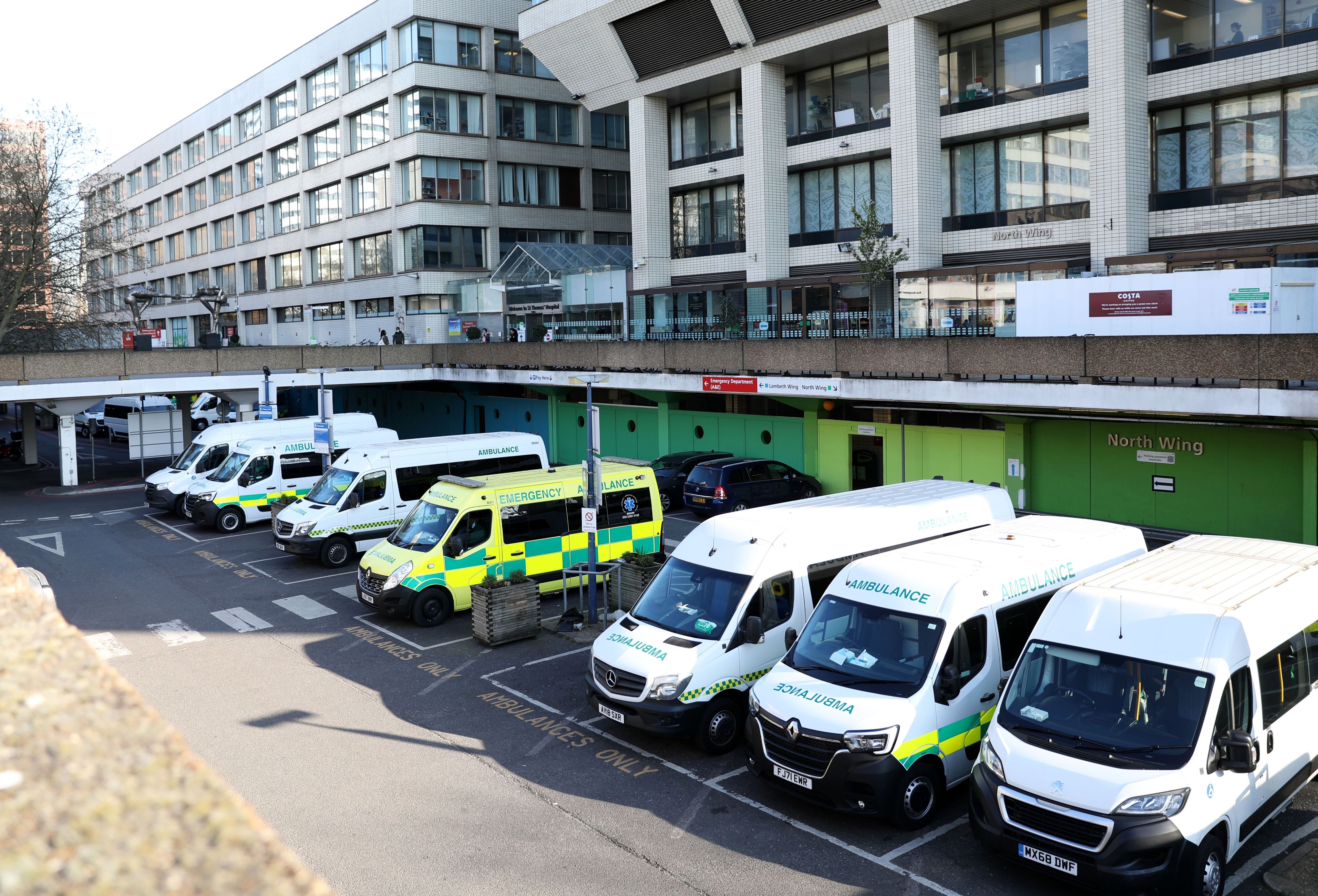
On March 27, an ambulance stopped at a hospital in London, England. Photo by Xinhua News Agency reporter Li Ying
Xinhua News Agency, London, May 17 (Reporter Guo Shuang) The British Health and Safety Agency said on the 16th that from May 6th to May 6th On the 15th, seven cases of monkeypox have been confirmed in the UK, or community transmission has occurred.
The UK Health Safety Authority said the four newly identified cases of monkeypox appeared to be infected in London and had no known link to the three cases announced on the 7th and 14th. The four new cases, all self-identifying as gay, bisexual or other men who have sex with men, are still under urgent investigation as to where and how they were infected and how they were linked to each other. They had not traveled to countries where monkeypox was endemic.
The agency noted that the latest cases are in gay, bisexual and other men who have sex with men, and the virus spreads through close contact. The agency advises these groups to be alert for any unusual rashes or lesions on any part of the body, and clinicians should be alert to the appearance of rashes.
Susan Hopkins, chief medical adviser to the UK Health Security Agency, said the situation was “rare and unusual” and there was evidence that monkeypox virus may have been transmitted through close contact in the community , the agency is stepping up its investigation into the source of the infection.
Monkeypox is a viral zoonotic disease. Monkeypox virus can be transmitted from animals to humans through close contact. Although human-to-human transmission is not easy, it may also be infected by close contact with an infected person. The initial symptoms of monkeypox infection in humans include fever, headache, muscle aches, back pain, and swollen lymph nodes, which can later develop into a widespread rash on the face and body. Most infected people recover within a few weeks, but some become seriously ill.
Congo (DRC) discovered the first human case of monkeypox infection in 1970. The NHS website shows monkeypox is mainly spread by wild animals in parts of West or Central Africa, and the risk of infection in the UK is very low. The agency recommends reducing the risk of monkeypox infection when traveling in West and Central Africa by washing hands with soap and eating thoroughly cooked meat.